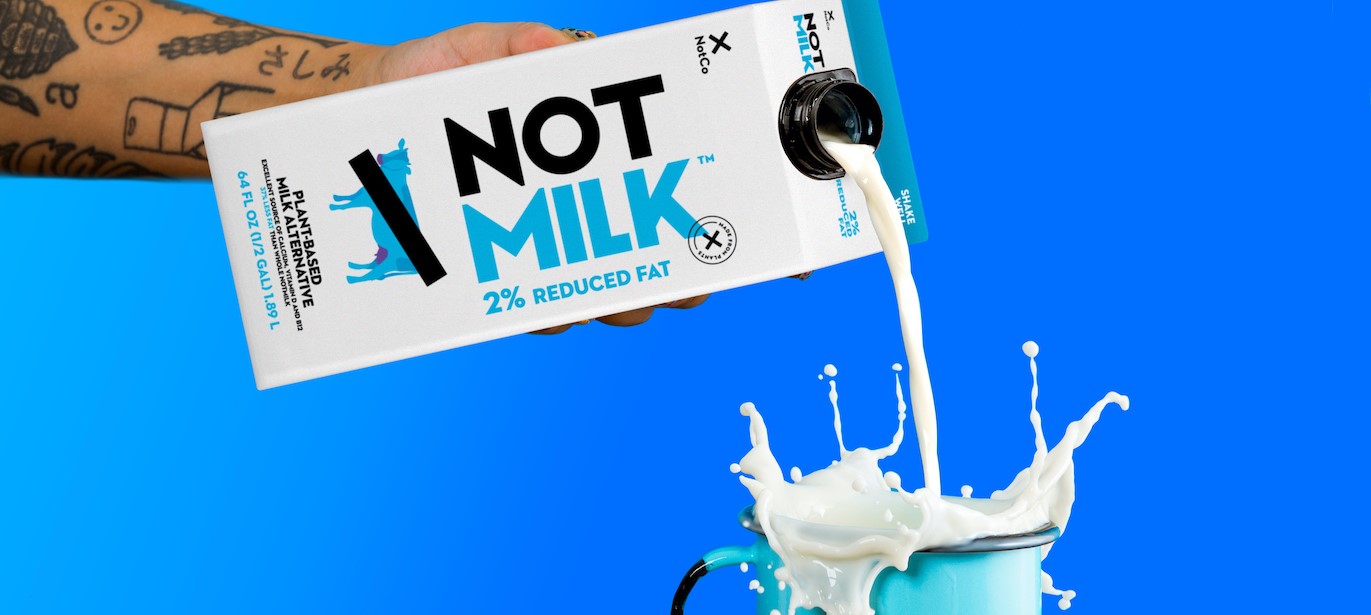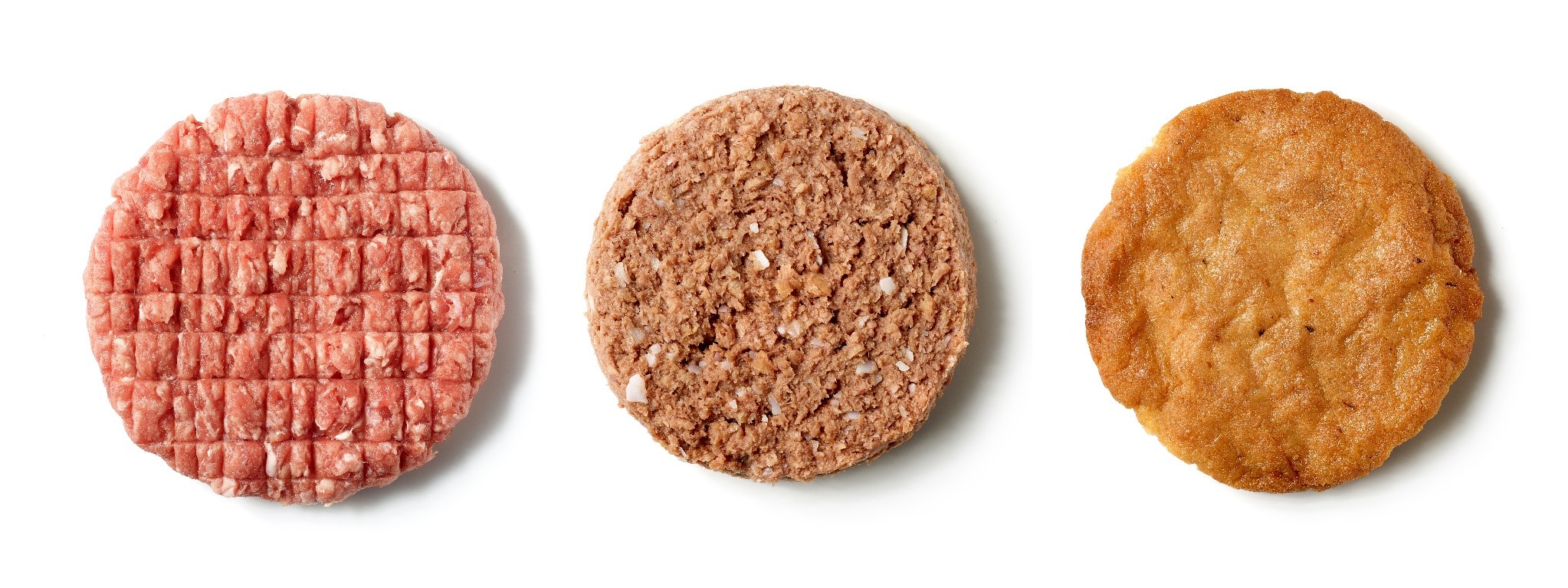For the majority of fast-food restaurants, the only vegan items on the menu have tended to be the shredded lettuce and sliced tomatoes that topped a hamburger. That is, until now. Recently, the fast-food industry has embraced the growing demand for plant-based meat, with many popular chains beginning to offer vegan menu items that go beyond burger toppings.
While companies like Beyond Meat and Impossible Foods have been offering plant-based meat products in grocery stores for years, fast-food chains have been slowly and steadily incorporating some of their products onto their menus. The latest entrant to the space is Pizza Hut, which partnered with Beyond Meat to offer plant-based sausage toppings on its pizzas.
The partnership was a big move for Pizza Hut, as it became the first national chain to offer plant-based meat pizzas at all American locations. Beyond Meat and Pizza Hut created two new pizzas topped with Beyond’s Italian sausage substitute. After a successful trial of Kellogg’s’ plant-based sausage last year, Pizza Hut attracted enough interest to launch their Beyond Pizzas early last week.
Meanwhile, McDonald’s joined Pizza Hut last week with the announcement of their plant-based burger, fittingly named “McPlant.” While customers won’t be able to purchase the McPlant just yet, McDonald’s is launching the plant-based burger in test markets next year. But unlike Pizza Hut, McDonald’s developed its own plant-based formulation — and the McPlant burger is just the beginning.
“McPlant is crafted exclusively for McDonald’s, by McDonald’s,” Ian Borden, McDonald’s international president, said during a virtual investor update last week. “In the future, McPlant could extend across a line of plant-based products including burgers, chicken-substitutes and breakfast sandwiches. And, we expect some markets will test the burger next year. We are excited about the opportunity because we believe we have a proven, delicious-tasting product.”
Pizza Hut and McDonald’s are following in the footsteps of competitors Burger King and White Castle. In 2019, Burger King partnered with Impossible Foods to launch a meatless version of the Whopper. A year earlier, White Castle debuted its plant-based slider, also in partnership with Impossible Foods, and became one of the first fast-food chains in the US to begin offering plant-based menu items.
While plant-based fast-food items had a presence before the COVID-19 pandemic, meat replacements have emerged as a promising alternative to meat in terms of safety and environmental impact. With the shutdown of numerous meat plants due to COVID-19 outbreaks, Neilson reported that sales of meat alternatives surged 264 percent in the nine weeks leading up to May 2020.
A large advantage that meat replacements have over traditional meat is that companies can pause or ramp up manufacturing based on demand. Meanwhile, farmers have to wait on cows to grow big enough to slaughter. From this perspective, fast-food companies could save time and money by implementing more plant-based menu items.
Fast-food chains can provide immense opportunities for plant-based meat companies. Since consumers turn to fast-food for comfort and taste, integrating plant-based items onto their menus can help mainstream Beyond Meat, Impossible Foods and other emerging meat replacement brands.









Join or login to leave a comment
JOIN LOGIN